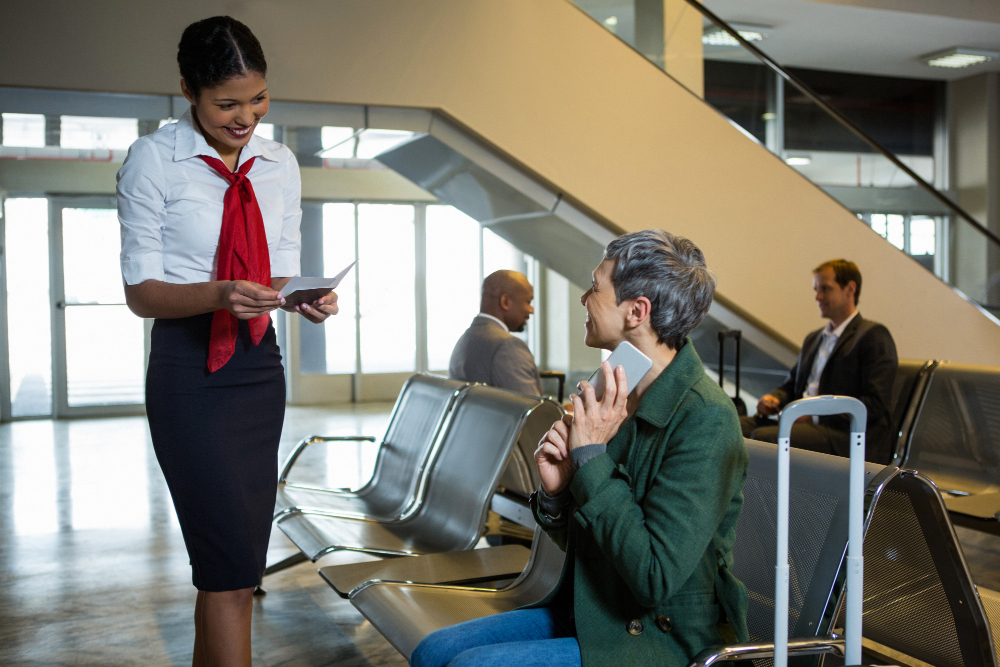Ireland to Raise Fines for Airlines Transporting Undocumented Passengers to Curb Illegal Migration
Key Takeaways
1. Ireland plans to raise fines for airlines carrying undocumented passengers.
2. Airlines could face fines up to €5,000 for each passenger without valid travel documents.
3. This initiative aims to curb irregular migration and uphold the integrity of the immigration system.
Ireland's Minister for Justice, Helen McEntee, has announced a forthcoming increase in fines for airlines that transport undocumented passengers, part of a broader effort to reduce illegal migration to the country. The maximum fine will rise from €3,000 to €5,000 per passenger.
In the past year, the number of passengers arriving in Ireland without proper identification or with false documents has dropped by over a third. During this period, airlines were fined nearly €1.5 million for such violations. McEntee hopes to have the legislation enacted before the Dail recess, aiming for it to be in force by summer.
The existing legislation, which outlines carrier obligations and fines, has remained unchanged since 2003. After 21 years, McEntee initiated a review to ensure its effectiveness and relevance in 2024.
Ireland to Implement Further Measures to Tackle Irregular Migration
This fine increase is part of a series of reforms aimed at preventing irregular migration and maintaining immigration system integrity. The review suggested raising penalties and providing additional support to carriers to verify passenger documentation.
As of April 2024, the Department of Justice has completed over 2,250 doorstep operations. Additionally, Garda Síochána has prosecuted around 100 individuals this year for arriving without the necessary documentation, many of whom have been jailed.
Ireland has taken several steps to reduce undocumented arrivals, such as imposing visa requirements for travelers from additional countries and speeding up International Protection application processing.
To further support these efforts, Minister McEntee has secured specific funding for the Garda Airport Liaison Officer program and increased resources for the Border Management Unit (BMU) and the Office of International Protection. The BMU and GNIB also conduct intelligence-led operations on flights to identify and document passengers who destroy their identification during the journey. These initial checks help determine the identity and nationality of disembarking passengers.

